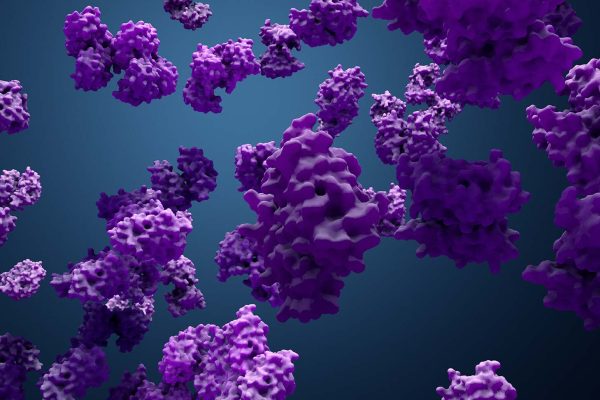Overcoming Solubility Challenges in Recombinant Protein Expression
Achieving solubility is a common hurdle in recombinant protein production. Selecting the right expression system is critical to overcoming this challenge, especially for eukaryotic proteins.
Factors to Consider when Selecting an Expression System
In bacterial expression systems, eukaryotic proteins with complex tertiary structures often end up in insoluble inclusion bodies due to the reducing environment of the cytoplasm and the lack of robust chaperone networks. While solubilization and refolding can rescue some proteins, they are labor-intensive, expensive, and may not guarantee functionality.
Switching to eukaryotic systems, in insect or mammalian cells, often provides a more straightforward solution by enabling native folding and improved solubility.
By understanding the solubility requirements of your protein, you can save time and resources by selecting a system that aligns with your needs from the start.
Key Takeaways:
- Bacterial (E.coli) expression of complex proteins may lead to formation of inclusion bodies- aggregates of misfolded proteins.
- Refolding steps can be labor-intensive and unreliable.
- Eukaryotic systems offer superior solubility for complex proteins.
Proteos will work with you to identify and implement the optimal expression system for your project. Contact us to learn more about our customizable solutions for recombinant protein production.


